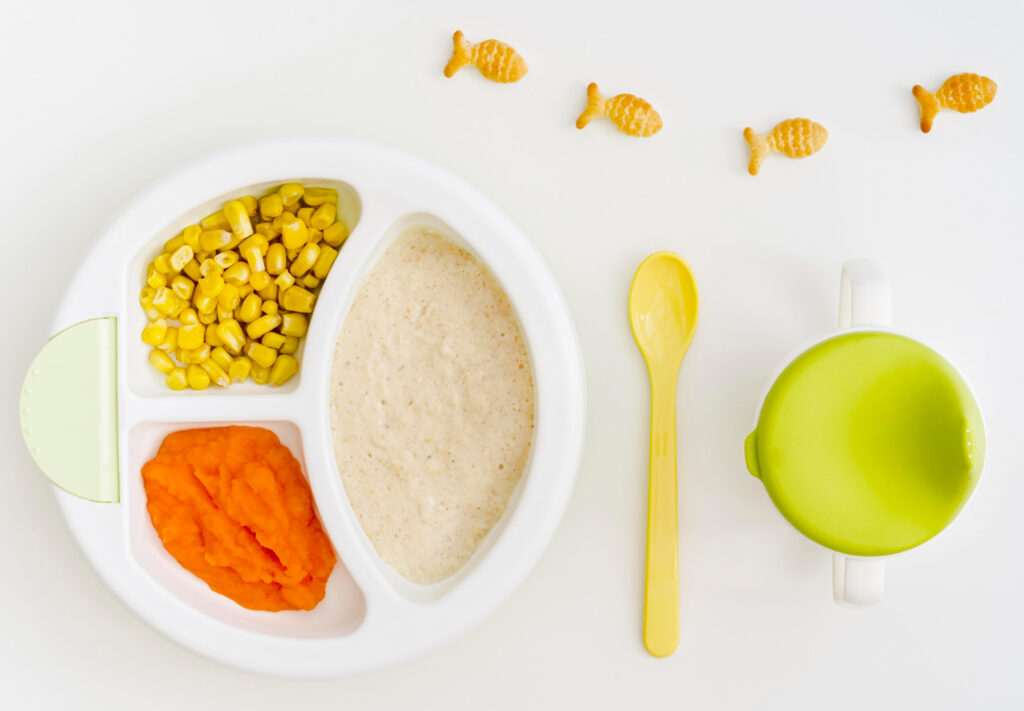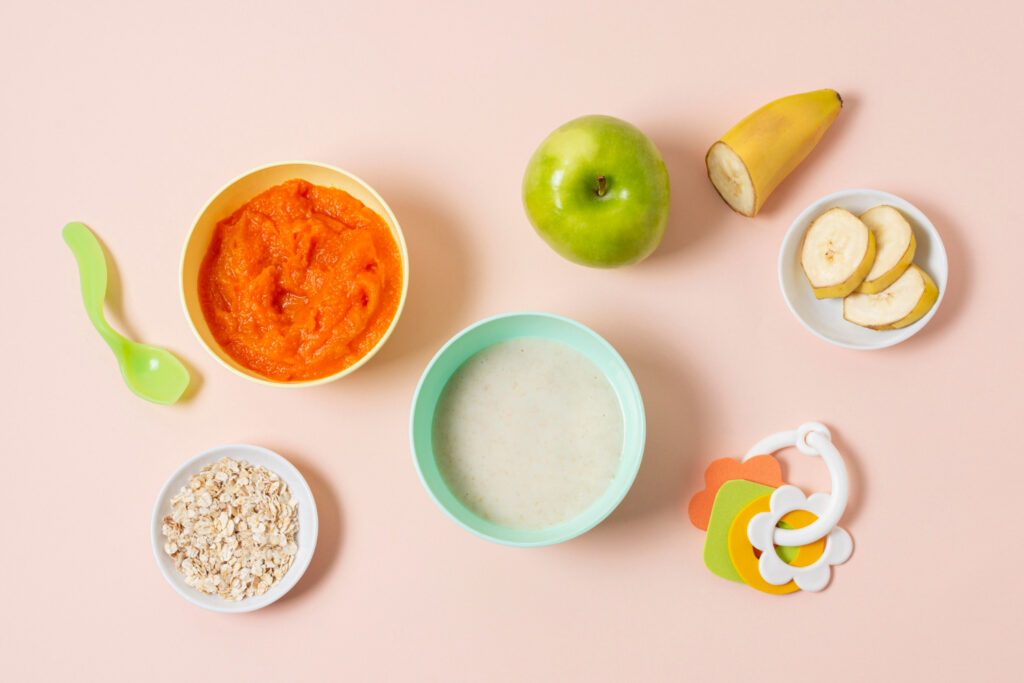
Introduction:
Iron is a vital nutrient for toddlers, playing a crucial role in their growth, cognitive development, and overall health. As toddlers transition to solid foods and explore new flavors and textures, it’s essential to incorporate iron-rich foods into their diet to meet their growing nutritional needs. In this guide, we’ll explore the importance of iron for toddlers, identify iron-rich foods to include in their meals, and provide creative and delicious recipes to nourish your toddler’s growth.
Understanding the Importance of Iron for Toddlers:
Iron is necessary for the production of hemoglobin, a protein in red blood cells that carries oxygen from the lungs to the rest of the body. Toddlers need iron to support healthy brain development, energy levels, and immune function. Iron deficiency in toddlers can lead to anemia, fatigue, poor growth, and developmental delays. Therefore, it’s crucial to ensure that toddlers consume an adequate amount of iron-rich foods in their diet.
Iron-Rich Foods for Toddlers:
1. Lean Meats: Lean meats such as beef, chicken, turkey, and pork are excellent sources of heme iron, which is more easily absorbed by the body. Offer small, tender pieces of cooked meat to your toddler as a finger food or incorporate shredded meat into soups, stews, and pasta dishes.
2. Fortified Cereals: Fortified cereals are a convenient and tasty way to boost your toddler’s iron intake. Look for iron-fortified cereals specifically designed for toddlers, and serve them with milk or yogurt for added calcium and protein.
3. Beans and Legumes: Beans and legumes such as lentils, chickpeas, black beans, and kidney beans are rich in iron, fiber, and protein. Mash cooked beans or legumes and serve them as a nutritious spread on whole grain toast or incorporate them into soups, salads, and veggie burgers.
4. Dark Leafy Greens: Dark leafy greens like spinach, kale, and broccoli are packed with iron, vitamins, and antioxidants. Steam or sauté these greens until tender and serve them as a side dish or incorporate them into smoothies, omelets, and pasta dishes.
5. Iron-Fortified Baby Cereals: Iron-fortified baby cereals are an excellent option for introducing iron to your toddler’s diet, especially if they are picky eaters. Mix iron-fortified baby cereal with breast milk, formula, or water and gradually increase the thickness as your toddler becomes more accustomed to the texture.
Creative and Delicious Iron-Rich Recipes for Toddlers:
1. Turkey and Sweet Potato Meatballs:
- Ingredients: Ground turkey, cooked sweet potato, breadcrumbs, egg, garlic powder, onion powder, salt, pepper.
- Instructions: Mix all ingredients together, form into small meatballs, and bake until cooked through. Serve with a side of steamed broccoli or green beans.
2. Spinach and Cheese Quesadillas:
- Ingredients: Whole wheat tortillas, shredded cheese, cooked spinach, diced tomatoes.
- Instructions: Spread cooked spinach and shredded cheese onto a tortilla, top with diced tomatoes, and fold in half. Cook in a skillet until the cheese is melted and the tortilla is golden brown. Cut into wedges and serve with salsa or guacamole.
3. Lentil and Vegetable Soup:
- Ingredients: Cooked lentils, diced carrots, celery, onions, garlic, vegetable broth, diced tomatoes, spinach, herbs and spices.
- Instructions: Sauté onions, garlic, carrots, and celery until softened. Add cooked lentils, diced tomatoes, vegetable broth, and seasonings. Simmer until vegetables are tender, then stir in fresh spinach before serving.

Conclusion:
Ensuring that your toddler consumes an adequate amount of iron-rich foods is essential for supporting their growth and development. By incorporating lean meats, fortified cereals, beans and legumes, dark leafy greens, and iron-fortified baby cereals into their meals, you can provide your toddler with the iron they need to thrive. Get creative in the kitchen with delicious and nutritious iron-rich recipes that will delight your toddler’s taste buds while nourishing their growing body and mind. With a balanced and varied diet rich in iron, you can help set your toddler up for a lifetime of good health and well-being.

